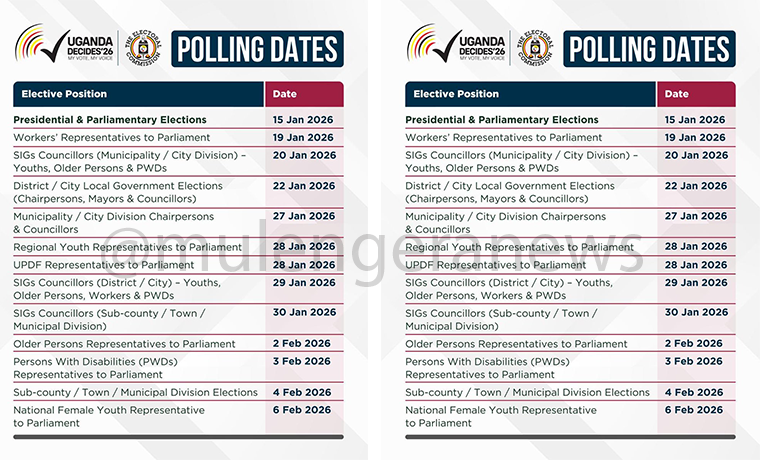By Aggrey Baba
The Uganda Revenue Authority (URA) is taking a bold step towards modernizing its tax collection systems by embracing Artificial Intelligence (AI), a move officials believe could help plug revenue leakages and expose fraudsters.
Speaking at the launch of an AI and robotics lab at ISBAT University last Thursday, URA Commissioner General John Rujoki Musinguzi said the tax body is laying the foundation for a more advanced, data-driven tax regime.
“We’re no longer just dreaming about technology, we’re using it,” Musinguzi said. “AI has the ability to scan large amounts of data and detect patterns that would take the human brain a lifetime to notice. What would take 100 years to analyze manually, AI can do in seconds.”
Musinguzi noted that Uganda’s current tax-to-GDP ratio stands at about 13%, far below the sub-Saharan Africa average of 18%, and miles behind the 40% seen in many developed countries like Germany and France. But he’s optimistic that AI could help Uganda bridge that gap.
“If we want to catch up with the rest of the world, we can’t keep using yesterday’s tools to fight today’s battles,” he said. “AI gives us the eyes to see what was once hidden.”
URA has already started using AI in areas like taxpayer registration and identification number acquisition. However, Musinguzi revealed that efforts are underway to expand its use to more than 90% of URA’s operations, a significant leap forward.
Meanwhile, ISBAT University’s Chairperson Varghese Mundamattam raised concerns about the high taxes on imported educational equipment. He said these duties are discouraging institutions from investing in vital technologies like robotics and AI.
“We tried to import some specialized tools for our engineering courses, but the taxes were just too high,” Mundamattam said. “It’s like trying to plant seeds on a rock, the environment needs to support growth.”
Currently, over 90% of Uganda’s digital devices are imported, attracting taxes that can exceed 30% of their value. These include VAT, import duty, and infrastructure levies.
Mundamattam urged government to consider tax incentives for learning institutions that invest in such technology, a call that Musinguzi acknowledged, promising further discussions on possible relief.
Former Finance Minister and ISBAT Chancellor, Jachan Omach, also weighed in, saying Uganda must pick up the pace or risk being left behind.
“AI is not just the future, but the now,” Omach said. “If we don’t act quickly, we’ll be running a race where others are already at the finish line.”
With URA’s latest move and calls for more supportive policies, the message remains that the time to modernize is now. As the saying goes, “If you want to catch a fast rabbit, you must not walk, but run even faster.” (For comments on this story, get back to us on 0705579994 [WhatsApp line], 0779411734 & 041 4674611 or email us at mulengeranews@gmail.com).































